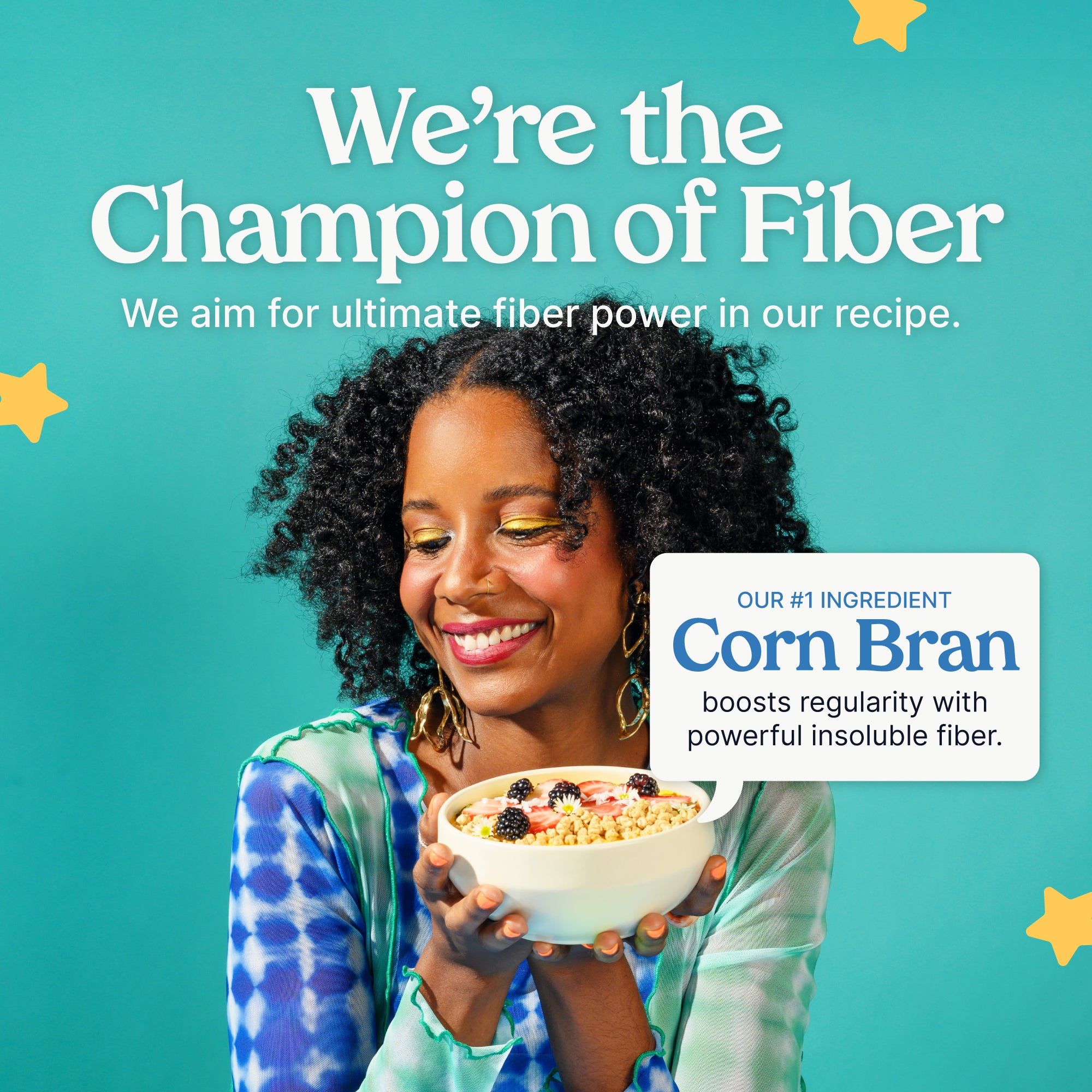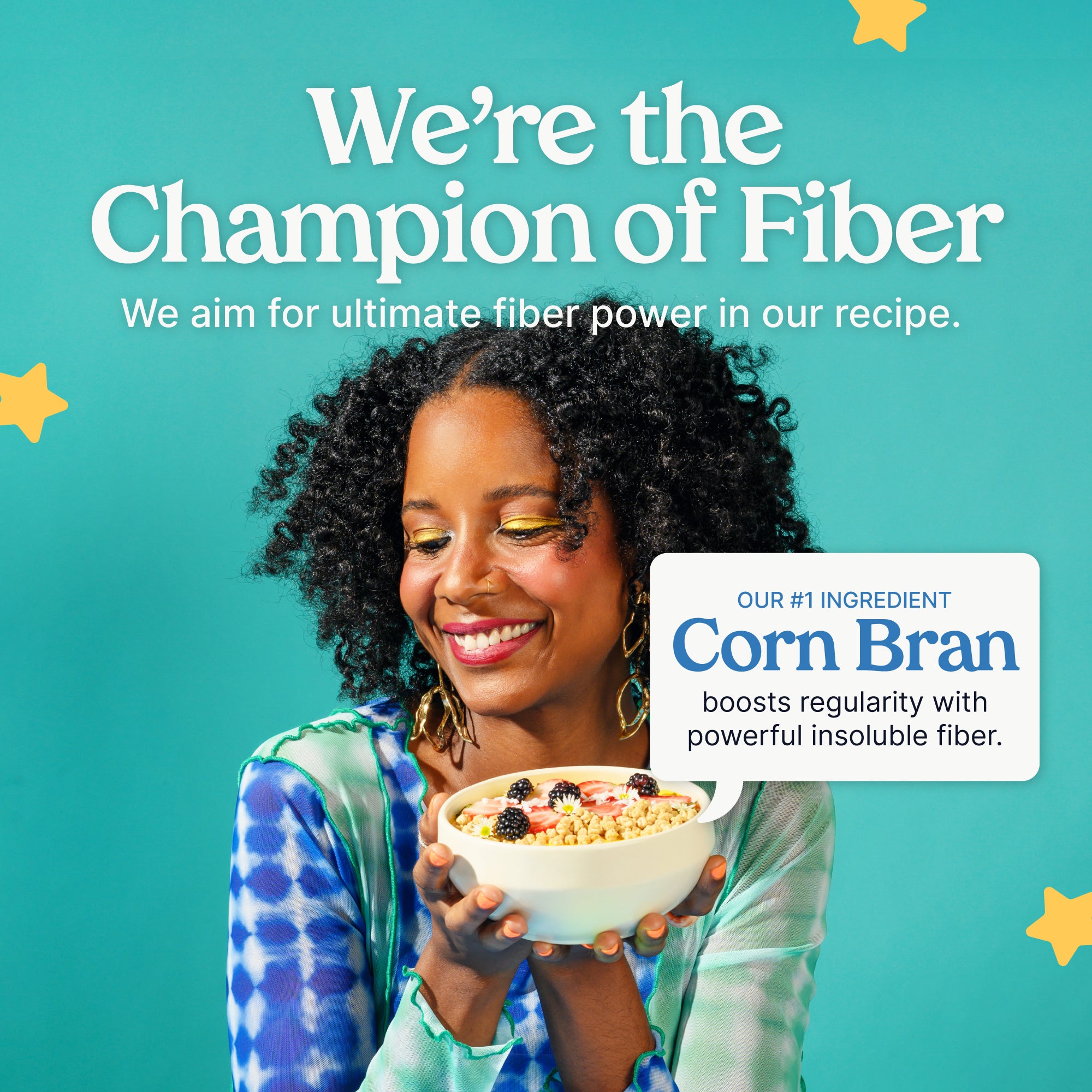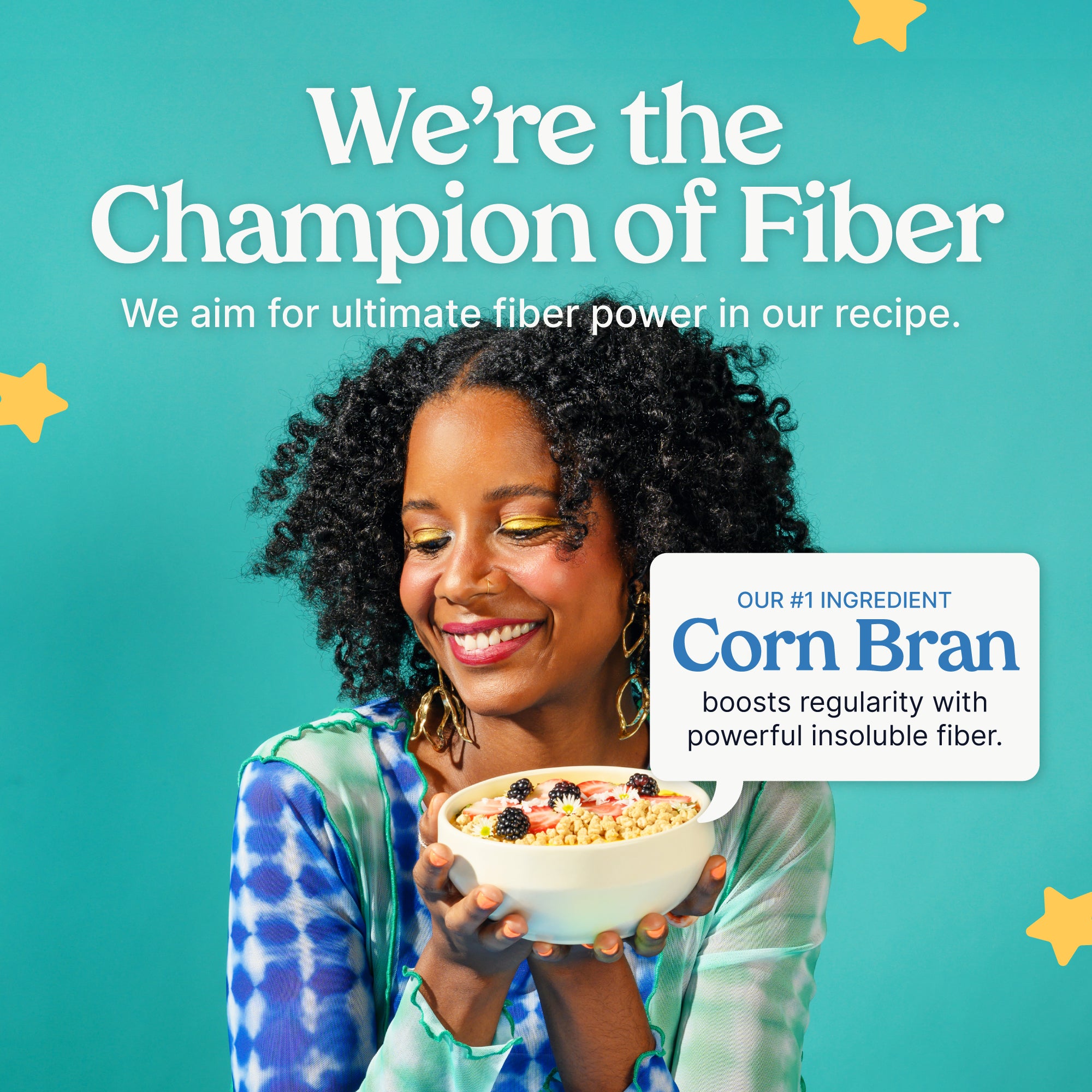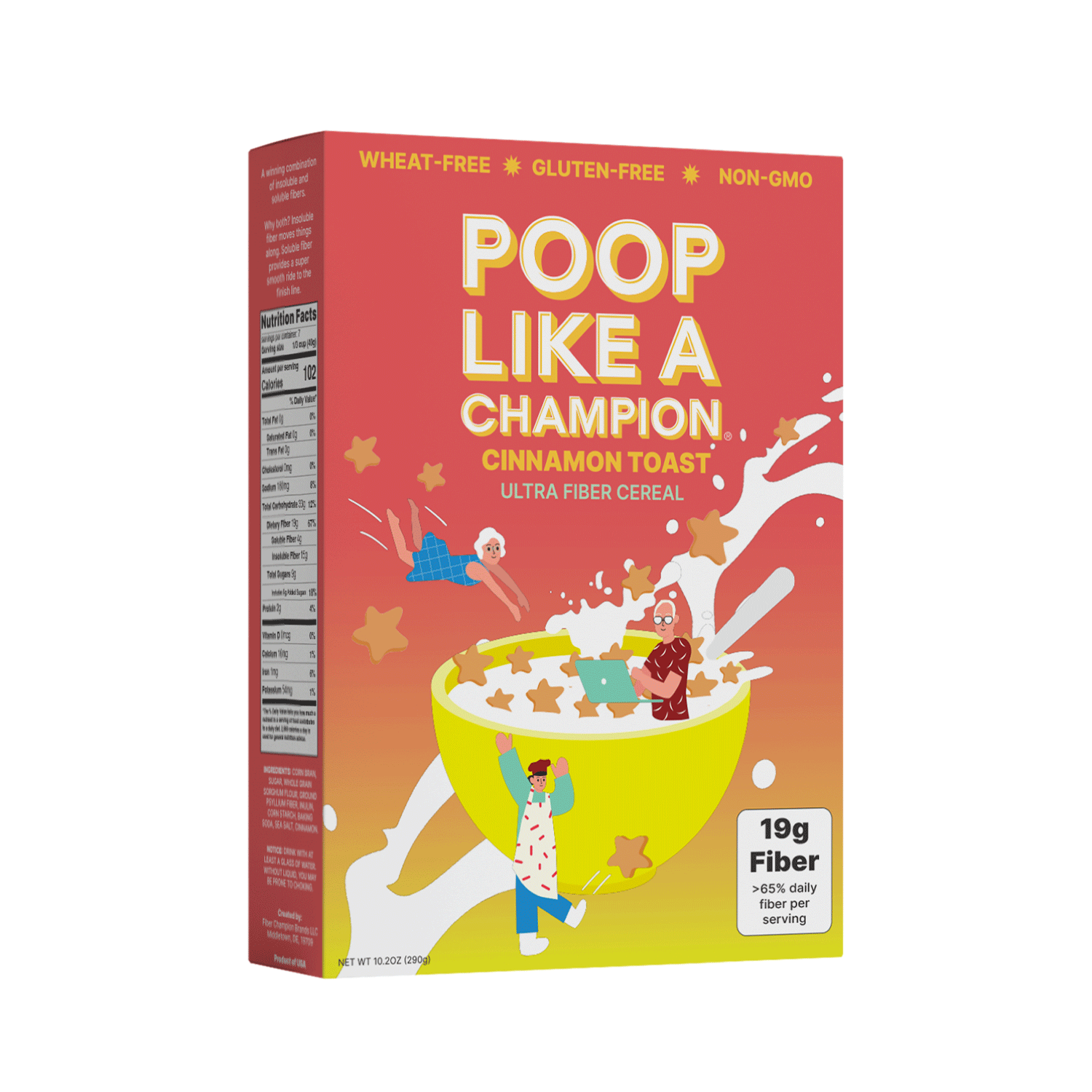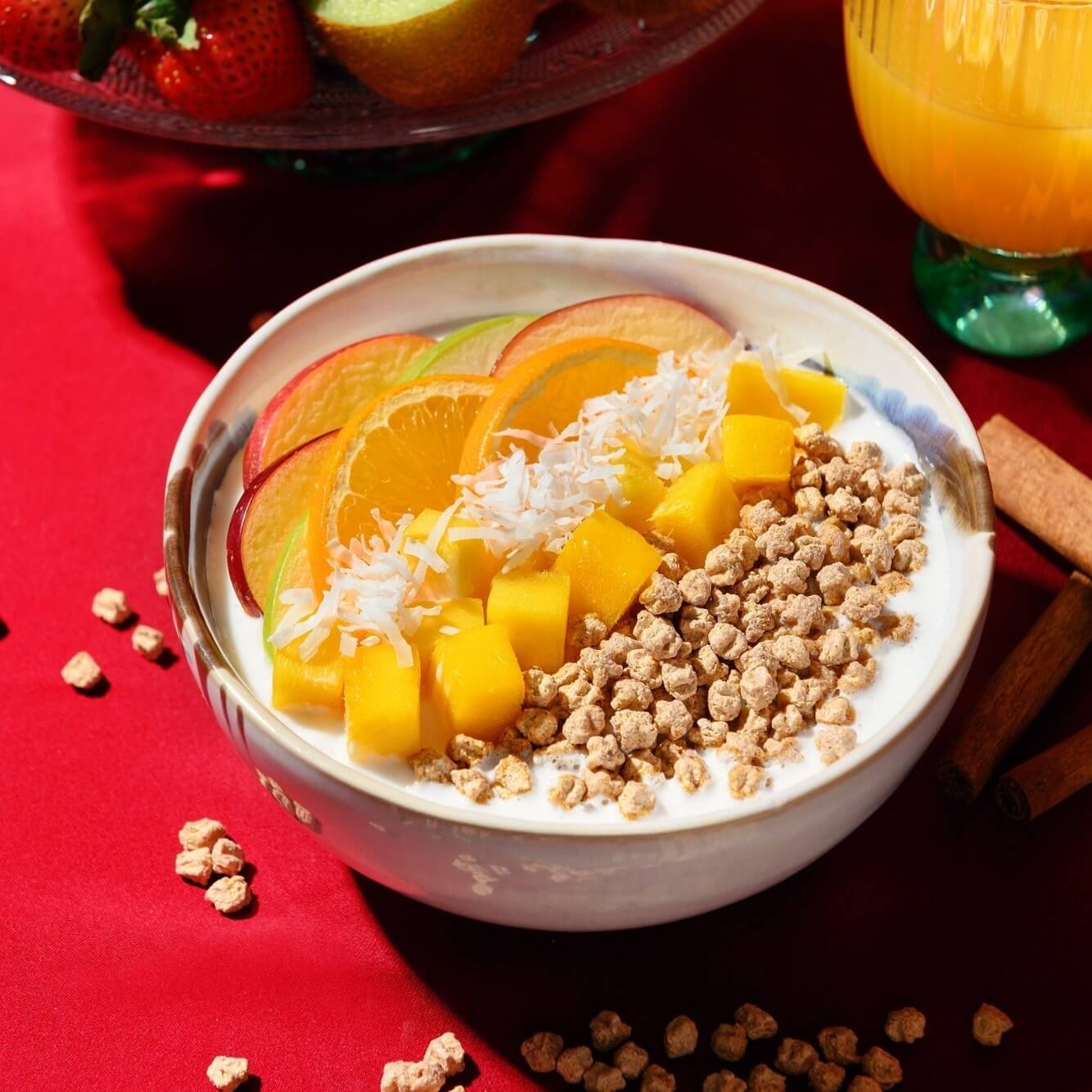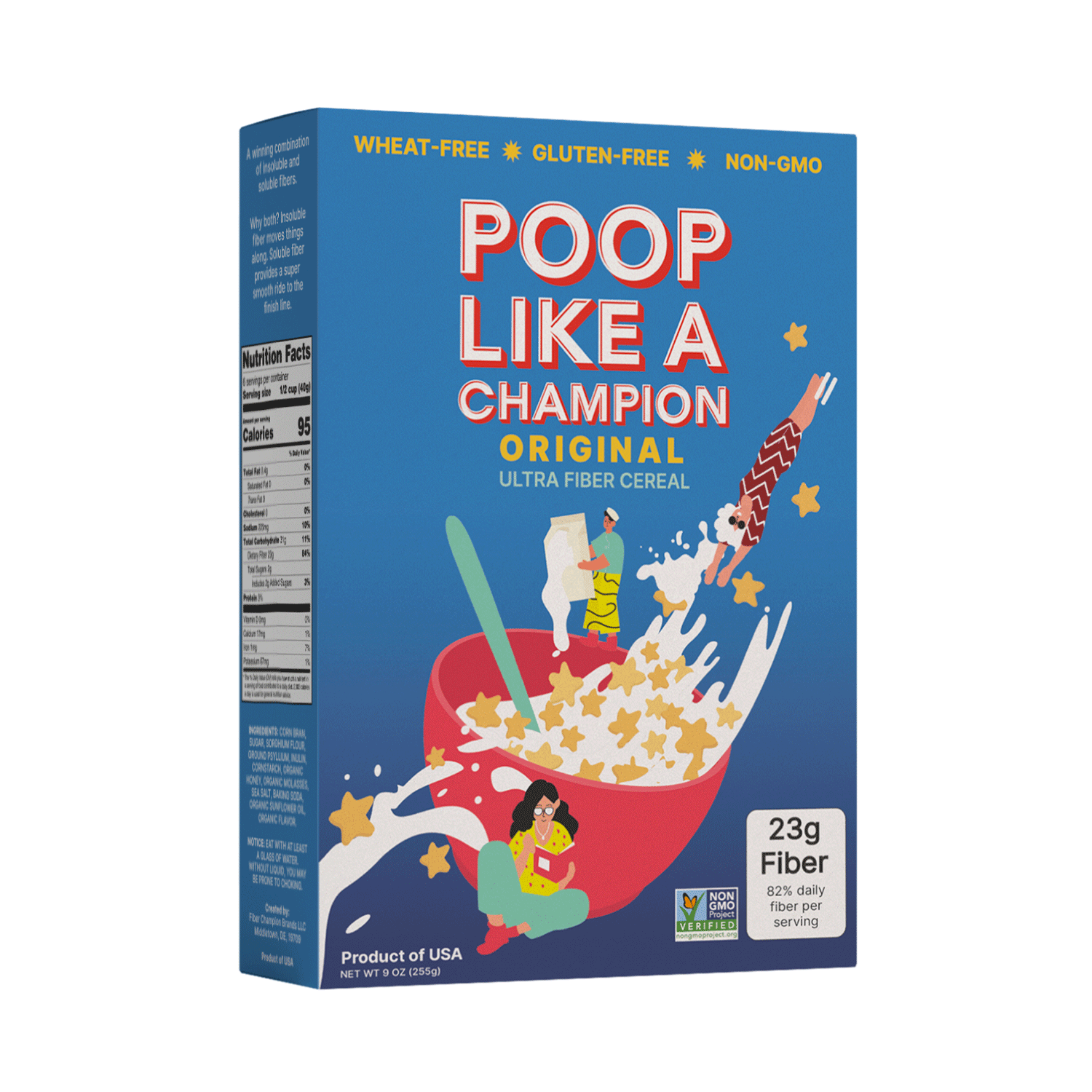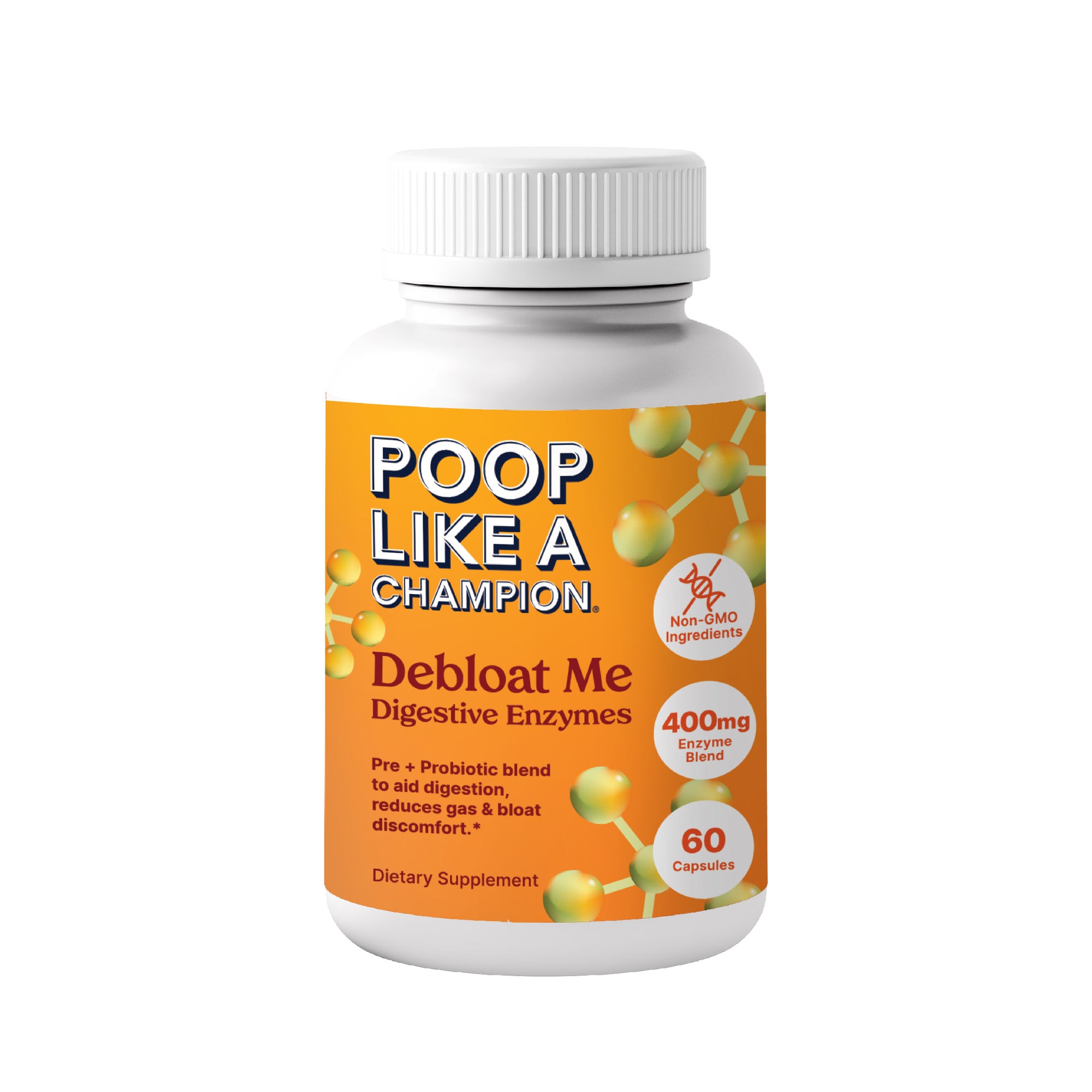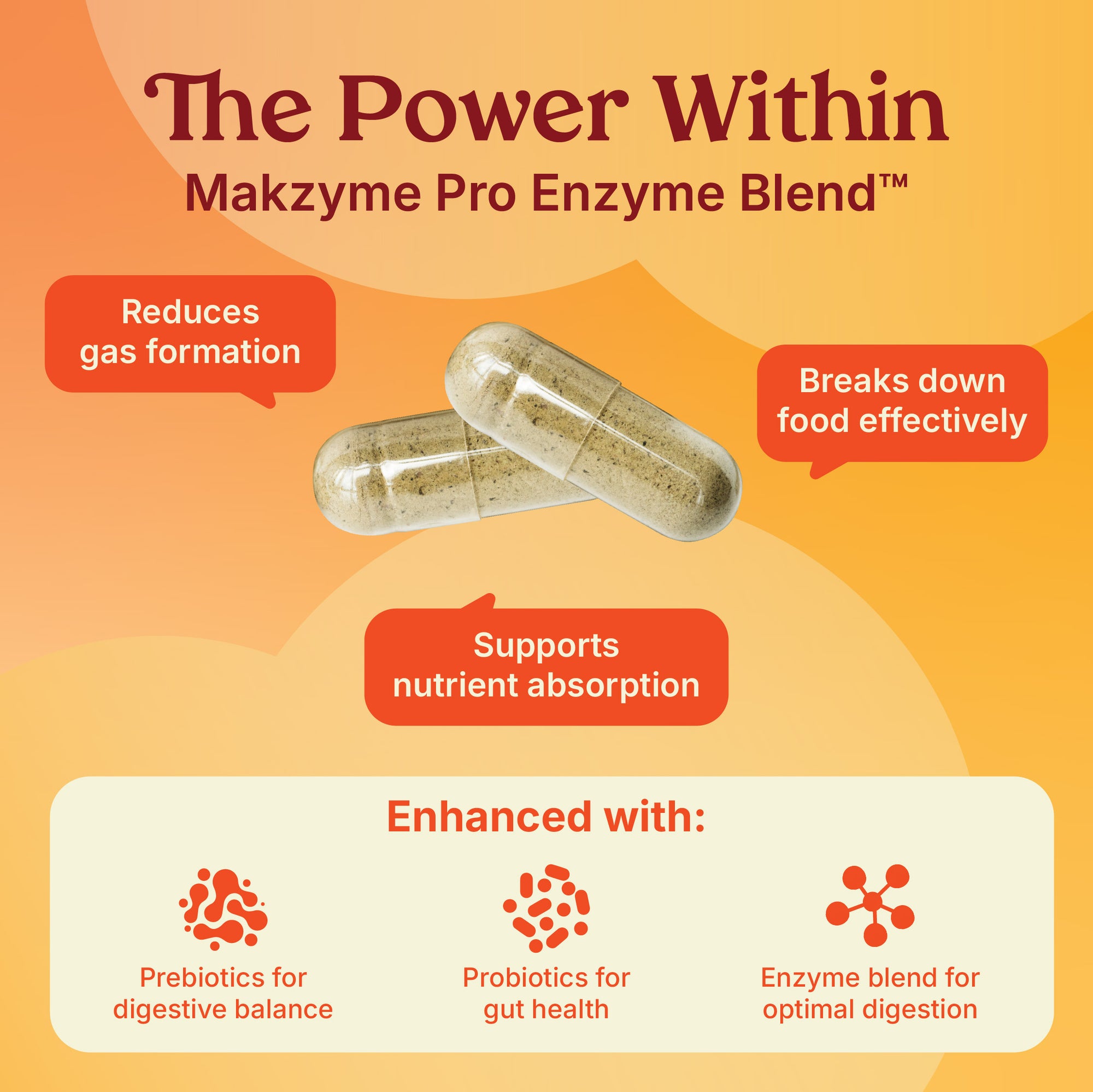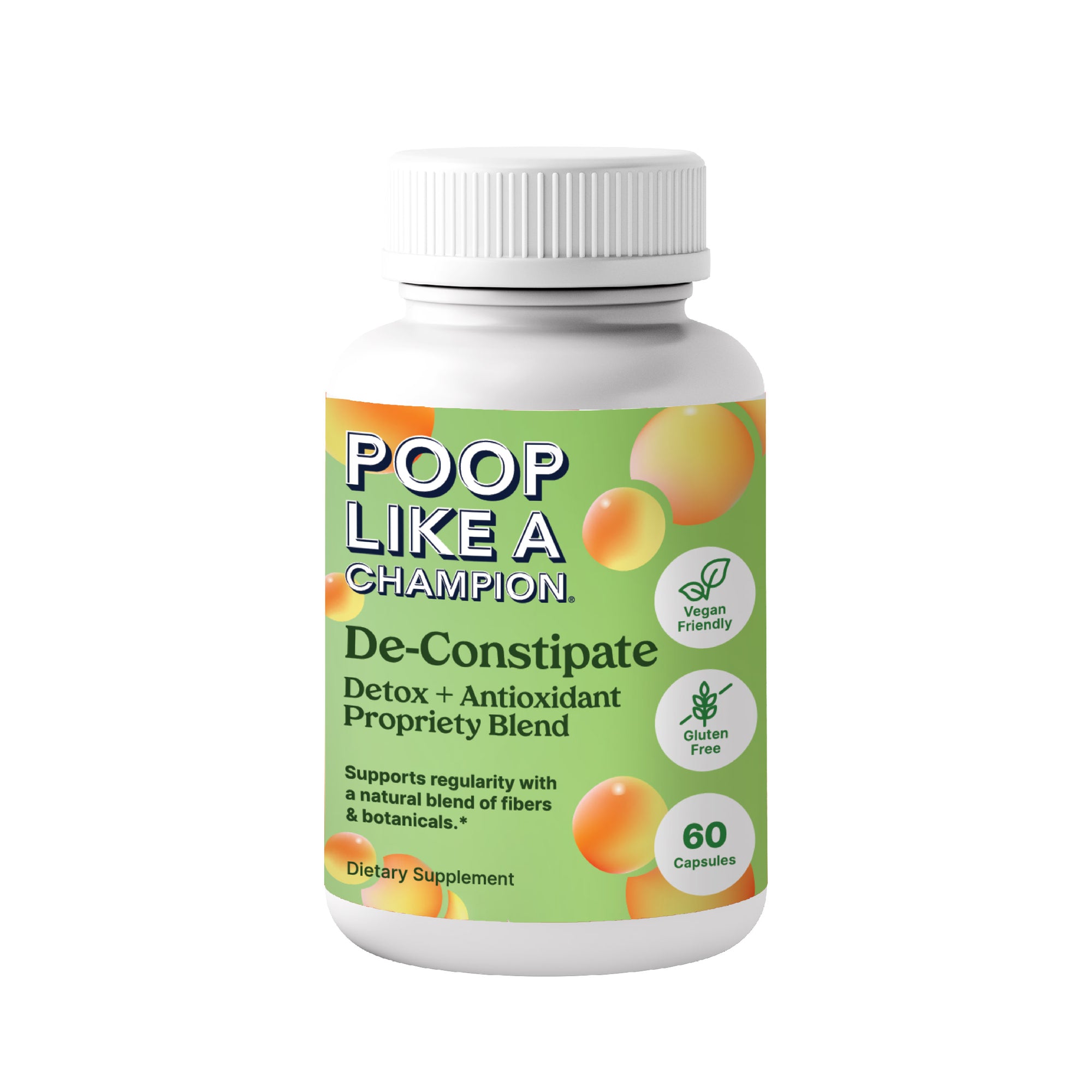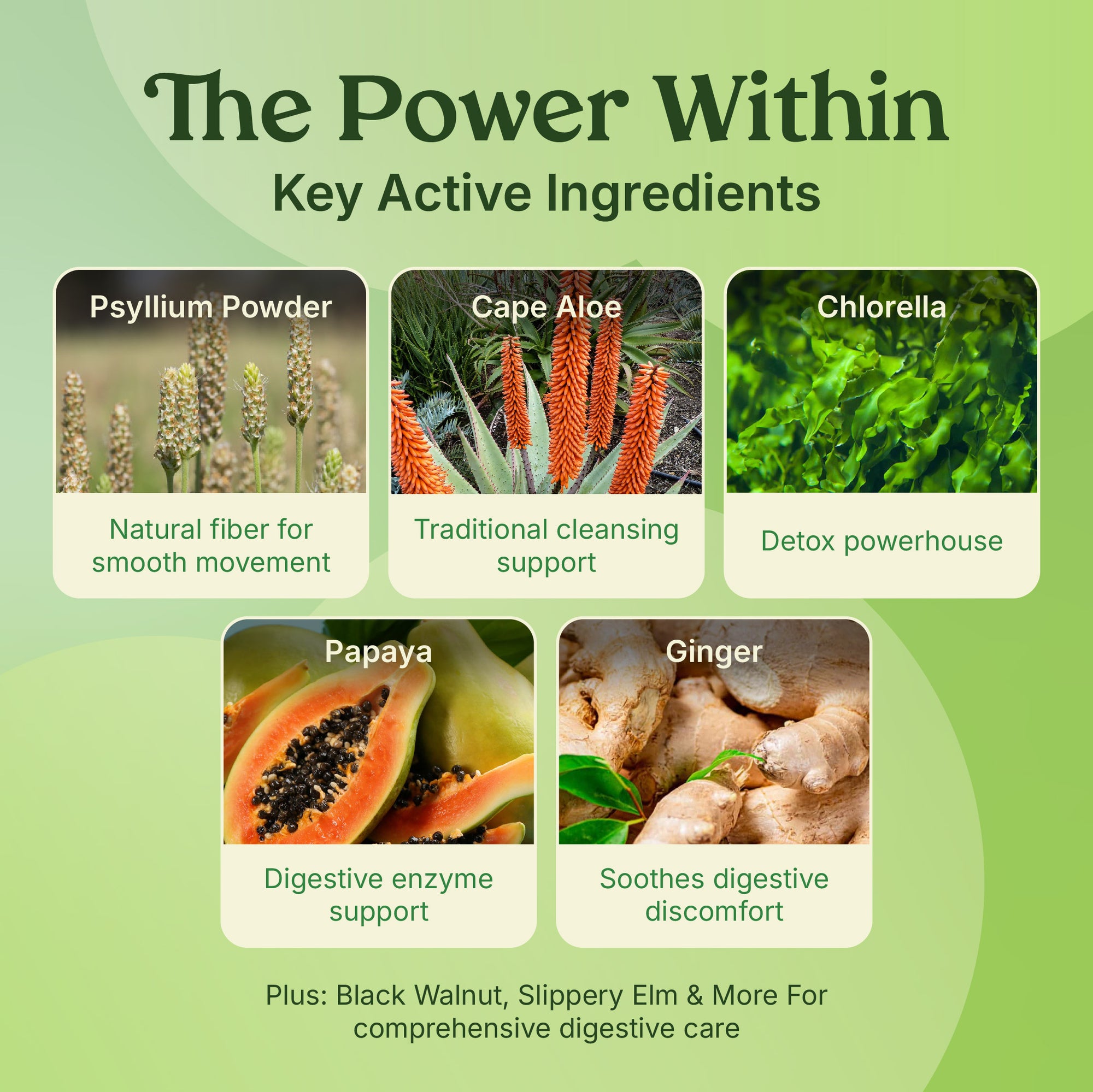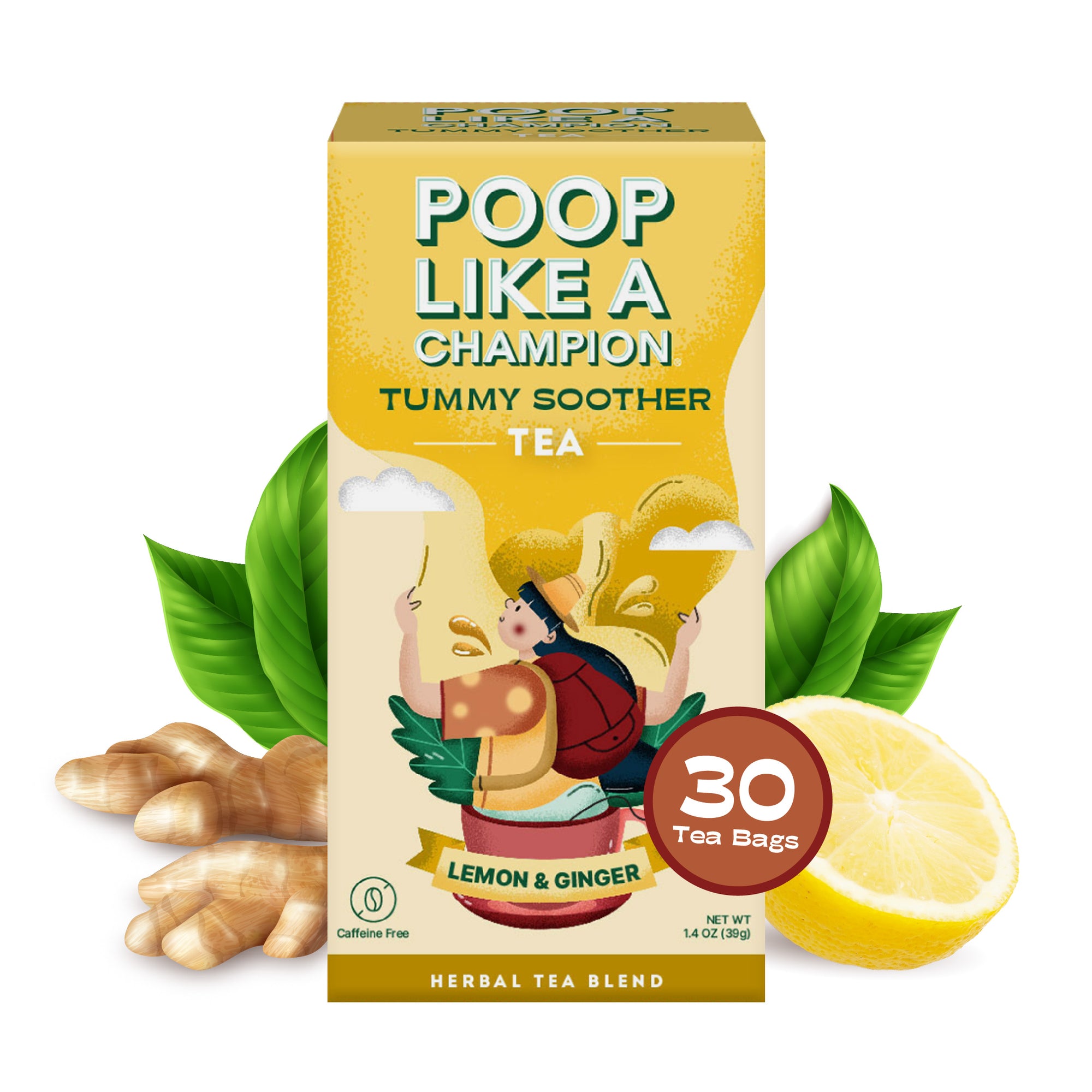

Prebiotics vs. Probiotics, Mystery Unveiled.
Ever found yourself puzzled by the terms "Prebiotics" and "Probiotics"? You're not alone! These two gut health superheroes often leave people scratching their heads, wondering what sets them apart and why they're essential.
Let's embark on a journey to demystify these digestive dynamos and uncover their unique roles in supporting your well-being.
Where Do They Come From?
Understanding the origins of Prebiotics and Probiotics is key to harnessing their benefits. Take a look below to see where each can be found in natural foods:
| Prebiotics | Probiotics |
|
|
Poop Like A Champion's Debloat Me capsules contains probiotics such as Lactobacillus Acidophilus, Lactobicillus Casei, and Lactobacillus Plantarum. It's an easy way to add probiotic into your daily diet if fermented foods are not frequent in your shopping list.
How Do They Work in the Gut?
Let's delve deeper into the mechanisms of action for Prebiotics and Probiotics:
| Prebiotics | Probiotics |
| Serve as food for beneficial gut bacteria, promoting their growth and activity |
Introduce beneficial bacteria into the gut microbiome, helping restore balance and diversity |
Benefits of Having Prebiotics & Probiotics Together in Diet:
Pairing Prebiotics and Probiotics in your diet offers a multitude of benefits:
- Promote a balanced gut microbiome: Prebiotics fuel the growth of beneficial gut bacteria, while probiotics introduce live strains that enhance microbial diversity, resulting in a healthier gut environment.
- Enhance digestion and nutrient absorption: A balanced gut microbiome supported by prebiotics and probiotics aids in breaking down food and absorbing nutrients more efficiently, leading to improved digestive function and nutrient utilization.
- Boost immune function: The gut is home to a significant portion of the body's immune system. By promoting a healthy gut microbiome, prebiotics and probiotics help strengthen the immune response, reducing the risk of infections and supporting overall immune health.
- Alleviate digestive discomfort: Prebiotics and probiotics can help regulate bowel movements, reduce bloating, and alleviate symptoms of digestive discomfort such as gas and indigestion by promoting a healthy gut environment and supporting regularity.
What More to Do for a Healthy Gut?
In addition to incorporating Prebiotics and Probiotics into your diet, consider these tips for optimal gut health:
- Eat a diverse range of fiber-rich foods (such as Poop Like A Champion Original Ultra Fiber Cereal with 23g of fiber per serving!)
- Stay hydrated
- Manage stress levels
- Get regular exercise
- Limit intake of processed foods and added sugars
Ending Note:
In conclusion, Prebiotics and Probiotics are essential components of a healthy gut microbiome, each playing a unique yet complementary role in supporting digestive wellness.
By understanding their differences and incorporating them into your diet, you can unlock the full potential of your gut health and enjoy a happier, healthier life.




